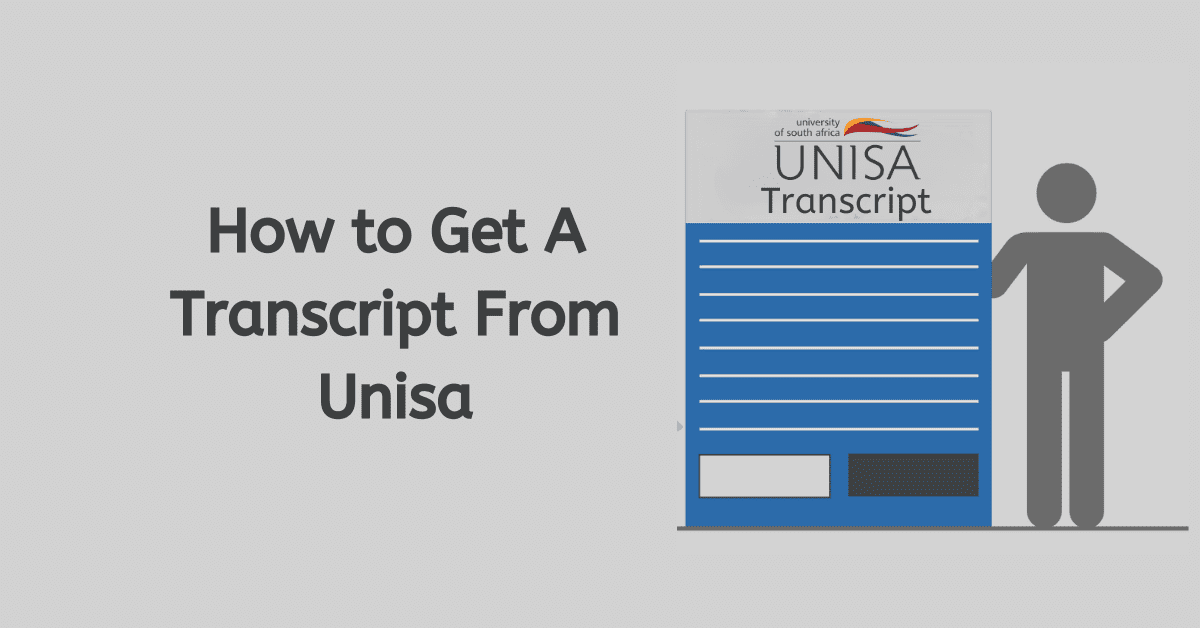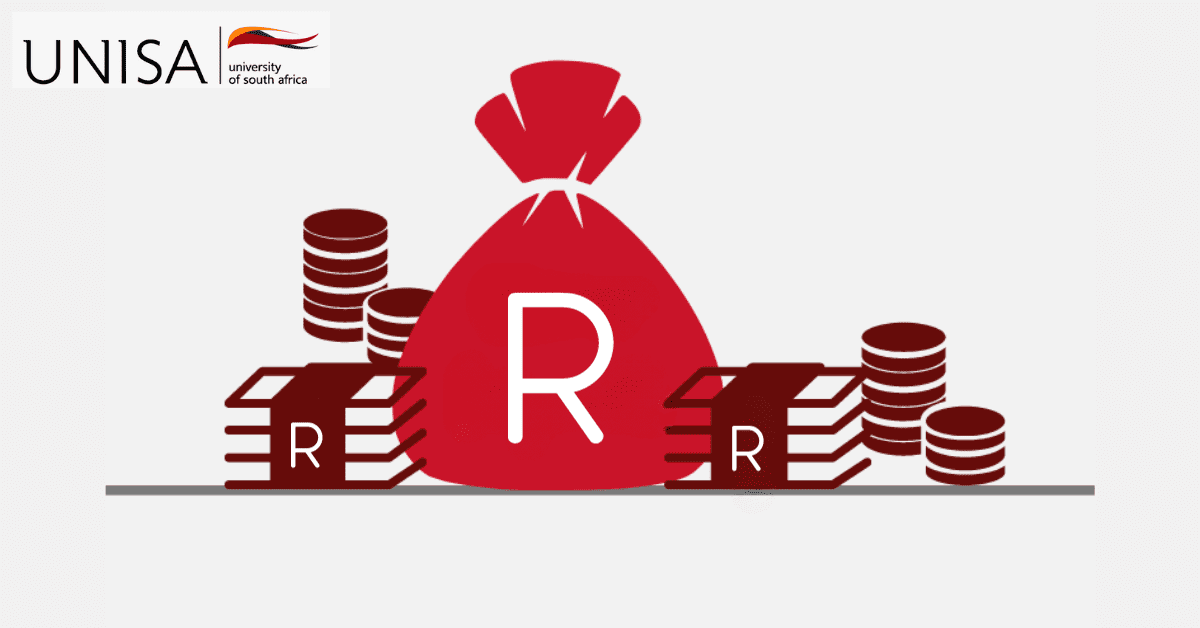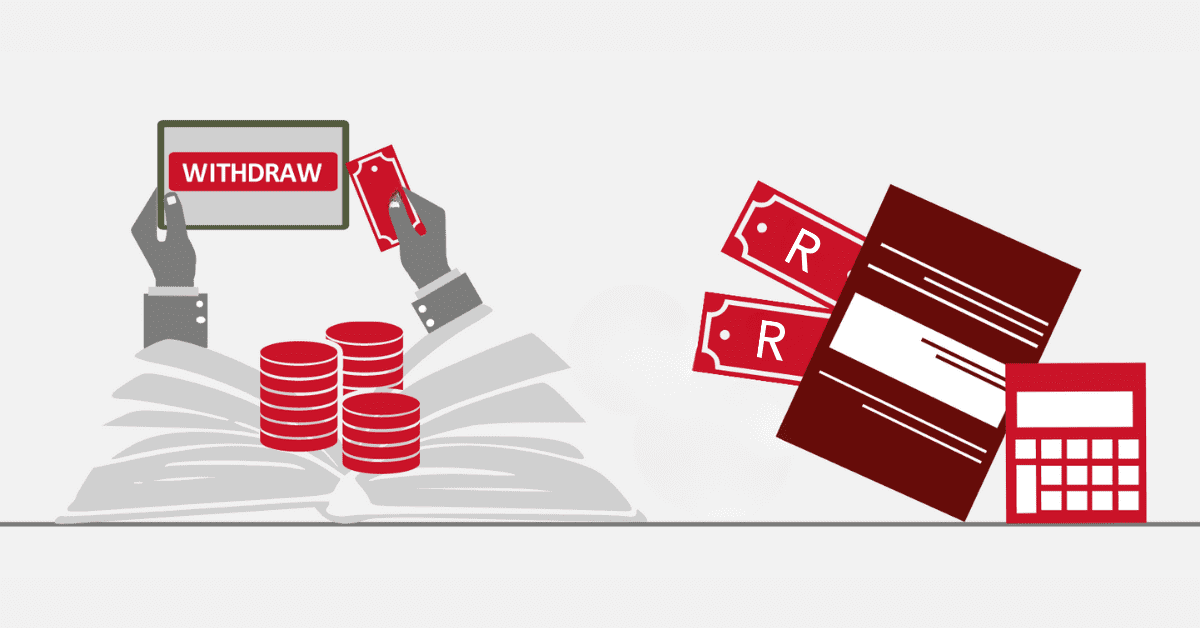Examination is a common practice in every educational institution. It is part of the student curriculum, which assesses the student’s knowledge in a particular subject or field.
If you are planning to get into the UNISA admission, then you should be prepared for exams.
Students who find themselves at UNISA have the chance to excel and grow well. But to excel, you must pass your exams and get good grades.
Knowing how UNISA exams are marked will not intentionally influence the scores on your exams but can serve as a guide on how you can approach the UNISA exams.
At the end of every semester, exams are conducted to test the abilities of students. There are cases where interim assessments are done to ensure students understand what they are being taught.
After these exams, the papers are prepared for marking by the markers or examiners. This is an anxious moment for every student. There are some students who wish to understand the process of marking at UNISA and also how the final marks are calculated.
If you find yourself in the bracket, then this blog post is to give you a clue on how the final mark is calculated at UNISA and how the grading system works at UNISA.
How is the final mark calculated at UNISA?
The process of marking is important because it confirms that students have successfully achieved the set learning objectives and can apply their knowledge effectively.
Moreover, it offers valuable feedback to both students and educators, aiding in identifying areas for improvement and informing future instructional strategies.
To calculate the final examination mark, we consider the marks obtained for assignment 01 and assignment 02. The calculation is done by giving an equal weightage of 50% to both assignment marks.
If you only submit assignment 01, your overall grade for the year will be calculated as 50% of the mark you receive for this assignment. This will be your year-end score, graded out of a maximum of 100%. For instance, if you score 80% on assignment 01 and 0% on assignment 02, your overall grade for the year will be 40%.
As per the university policy, you must achieve a minimum of 40% in the examination for your year mark to be considered. Simply put, if you score below 40% on the exam, you will fail outright, and your final grade will be based solely on your exam score.
To pass this module, you need a final mark of at least 50%. The final mark is calculated in the following manner: To calculate your final grade, you need to consider two factors: the year mark, which accounts for 10% of your overall grade, and the mark you obtained in the examination, which accounts for the remaining 90%.
How does the UNISA grading system work?
The main objective of grading UNISA (University of South Africa) exams is to evaluate students’ comprehension and mastery of the course content. The use of standardised evaluation methods provides a fair and consistent way to assess students’ academic progress and competency.
The grading system at UNISA works mostly like any other university.
The main grading system looks at your overall performance at the end of every academic year. This grading is considered as the “Class division”.
However, prior to that, there is the secondary post, which is actually transferred to the main grading to give you your overall performance every academic year or at the end of your qualification study period.
The grading ranges are arranged in scale, representing your percentage score.
The grading points start from 0 and end at 7, with 0 being the lowest and 7 being the highest. This is translated from the final score you receive on every module in your course.
Finally, these grades are then put together to confirm your class division. This class is synced with the percentage point of your final score to determine your overall performance.
Knowing the grading system at UNISA gives you a sense of high performance and low performance.
Below is an example of the grading structure at UNISA.
| Scale | Grade Description | Division | US grade |
| 75.00 – 100 | First Class | A | |
| 70.00 – 74.99 | Second Class | Division One Of Second Class | B+ |
| 60.00 – 69.99 | Second Class | Division Two Of Second Class | B |
| 50.00 – 59.99 | Third Class | C | |
| 0.00 – 49.99 | Fail | F | |
How to calculate your average grade at UNISA?
Calculating your average grade at UNISA requires you to know your exam score, the number of modules and the values attached to your grades.
Below is a simple way of calculating your average grade at UNISA.
Assign numerical values to grades based on the provided scale:
A: 4.0
B+: 3.5
B: 3.0
C: 2.0
F: 0.0
Calculate the grade points for each course.
Add your grades for each of the modules taken in your course.
Once that has been added, you can further divide the total grade points by the number of modules taken to get your average grade.
For example, you could have your module points below and continue to add the points for your modules.
Agric theory- 4.0
Agric Business – 2.0
Add the total points received for each module and divide it by the number of modules to get your average grade.
How do you know if you passed at UNISA?
It is simple to know if you passed at UNISA or failed at UNISA.
The grading system at UNISA is put in a simplified manner that easily translates the performance of every student in the institution.
Also, once you are a student of UNISA with access to MyUNISA account, you will always see your grades every semester to know how good or bad you performed.
Passing at UNISA means obtaining a mark that is above 50.00, which translates as a Third class or better.
Most importantly, every module examination taken has its score, and therefore, passing that module means scoring a 50% mark or higher.
There is a category for every score obtained for each module, and it is easy to identify whether you passed that module or failed.














